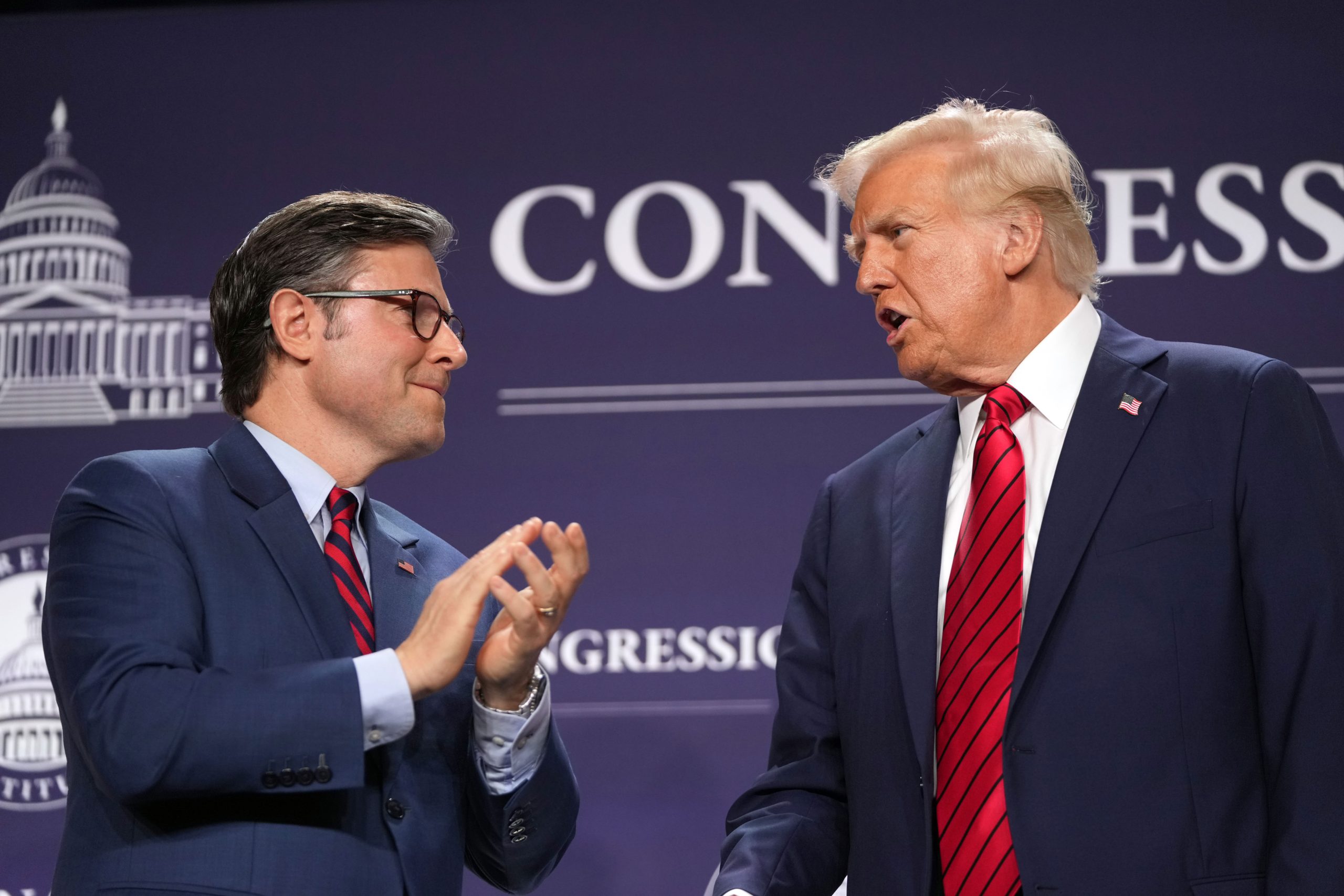Impact of the Tax and Spending Legislation on Healthcare Coverage
The latest report from the nonpartisan Congressional Budget Office (CBO) highlights a significant concern regarding the healthcare landscape in the United States. The analysis predicts that over 10 million people could lose their health care coverage within the next decade due to the implementation of President Donald Trump’s tax and spending legislation, commonly referred to as the “Big Beautiful Bill.” This figure represents a slight improvement compared to previous projections, which had estimated over 11 million individuals losing coverage.
Many of those affected by this legislation are enrolled in Medicaid, a critical program designed to provide health care access for some of the most vulnerable Americans, including low-income families, children, and individuals with disabilities. While the reduction in the projected number of people losing coverage is notable, it does not diminish the broader concerns raised by the bill’s provisions.
Additional Challenges for Medicare Recipients
Alongside the potential loss of coverage for Medicaid beneficiaries, the newly passed law has introduced new challenges for Medicare recipients. These include additional requirements such as work mandates and changes that could make certain individuals ineligible for Medicaid. These provisions have sparked debates about the fairness and practicality of such measures, particularly for those who rely on these programs for essential healthcare services.
Economic Implications of the Legislation
In addition to the healthcare implications, the CBO’s analysis indicates that the new law will add $3.4 trillion to the federal deficit over the next decade. This figure represents a marginal increase from the estimates provided before the bill’s approval. The growing deficit has raised alarms among fiscal conservatives and lawmakers who must address public concerns about the long-term economic impact of the legislation.
Public Perception of the Legislation
Public sentiment toward the bill remains largely negative. Recent polling data from the CBS News/YouGov poll reveals that more than 60% of American adults disapprove of the legislation. This widespread dissatisfaction underscores the challenges faced by lawmakers in justifying the bill’s provisions to their constituents. The gap between the legislative agenda and public opinion highlights the need for transparent communication and clear explanations of the bill’s intended outcomes.
Broader Concerns and Future Outlook
The passage of the “Big Beautiful Bill” has ignited discussions about the future of healthcare policy in the U.S. Critics argue that the bill disproportionately affects lower-income individuals and exacerbates existing inequalities in access to healthcare. On the other hand, supporters of the legislation emphasize its potential to stimulate economic growth and reduce the national debt.
As the bill moves forward, ongoing monitoring of its effects will be crucial. The CBO’s reports serve as important tools for understanding the real-world impacts of such policies. Continued dialogue between policymakers, healthcare providers, and the public will be essential in addressing the challenges posed by this legislation and ensuring that the needs of all Americans are met.
Conclusion
The recent developments surrounding the tax and spending legislation highlight the complex interplay between economic policy, healthcare access, and public opinion. As the nation navigates these changes, the focus must remain on finding solutions that promote both fiscal responsibility and equitable access to healthcare for all citizens.






